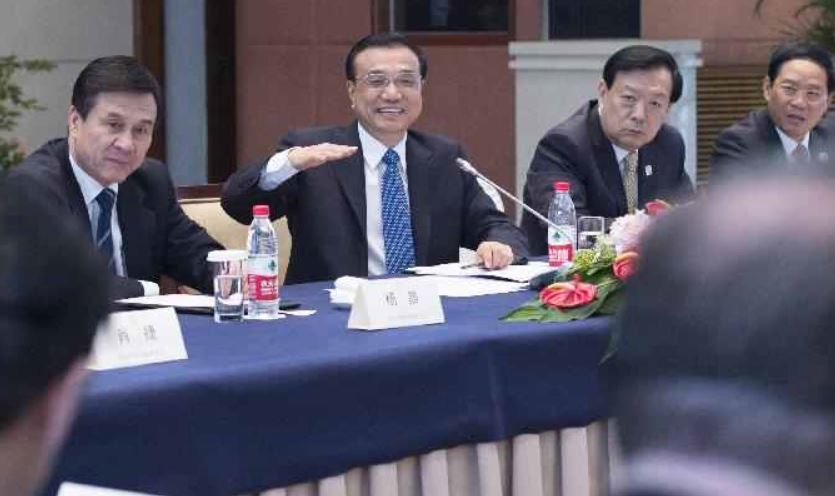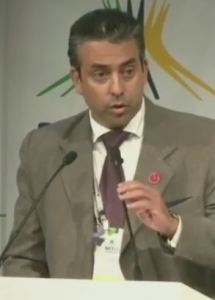
At world Internet parley, Cuba warns of U.S. cyberattacks
On the first day of the First World Internet Conference, held in China, Cuba denounced cyberattacks with the use of information and communication technologies, and called for mechanisms to protect the targeted nations — most of them underdeveloped.
Cuban Deputy Communications Minister Wilfredo González Vidal delivered a speech at the opening session of the event, in the city of Hangzhou, capital of Zhejiang province.
In his speech, reported by the Cuban news agency Prensa Latina, González pointed to some examples that illustrate the need to regulate and make an appropriate use of the Internet.

He spoke of “new elements known about the colossal capabilities of the global espionage network deployed by the United States government,” and specifically mentioned “the ZunZuneo project, aimed at creating situations of destabilization in Cuba to bring about changes in the political order of the island.”
[For background in Progreso Weekly, click here, here, and here.]
This new cyberwarfare constitutes an example of aggression through the use of information and communication technologies, in flagrant violation of the international laws and the sovereignty of states, the deputy minister added.
According to González, this first Internet Conference comes at a time when there is an increasing global concern at the growing covert and illegal use by individuals, organizations and states, of the informatics systems of other nations to attack third countries.
He said that computers on the island have been hijacked from abroad and utilized to attack computer systems in third countries. He did not go into detail.
González recalled the words of Cuban President Raúl Castro, who said that “the only way to prevent and counter these new threats is the joint cooperation between states, to keep cyberspace from becoming a theater of military operations.”
Quoted by the Xinhua news agency, Chinese Prime Minister Li Keqiang said that China “vigorously supports the development of the Internet as a form of market expansion and job creation,”
China embraces the Internet and fosters the development of Internet with a market mindset, said Li. A majority of more than 10 million companies that registered in China this year are small or micro-sized and many of them are related to the Internet and information technology.
Boasting 632 million Internet users, China is a lucrative market for all the global Internet giants.
“China will continue improving Internet infrastructure and increasing the ratio of people’s access to the Internet,” the Prime Minister said.
China is willing to carry out cooperation and exchange with other countries with regard to the Internet and share the opportunities created by the worldwide web in the spirit of mutual opening-up and respect.
The conference saw roughly 1,000 Internet professionals, officials and experts from more than 100 countries and regions in attendance.
[In photo at top, Chinese Premier Li Keqiang addresses World Internet Conference.]

